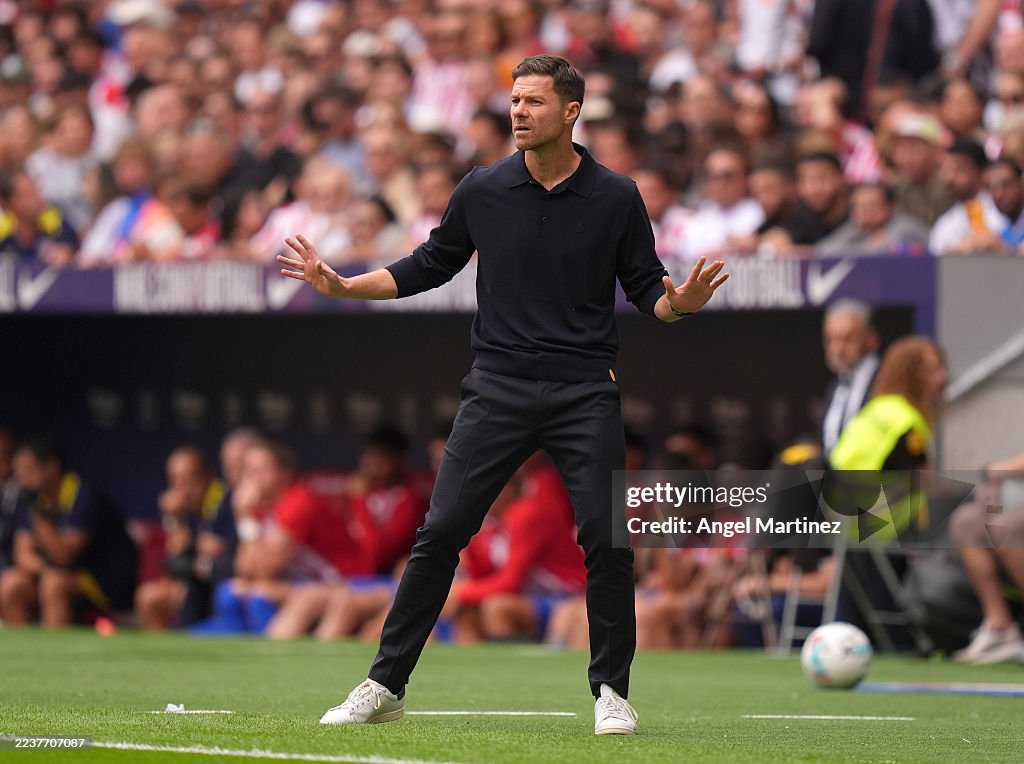Luka Modric continues to impress in Italy. On Sunday evening, he led AC Milan in the Serie A clash against Napoli (2-1). The 40-year-old Croatian now boasts some remarkable numbers.
Luka Modric’s impact in Italy continues to grow, and Sunday night at San Siro offered perhaps the clearest evidence yet of just how transformative his arrival at AC Milan has been.
While Christian Pulisic and Alexis Saelemaekers provided the goals in the 2-1 victory over Napoli, it was the 40-year-old Croatian who commanded the spotlight. His leadership, composure, and creativity elevated Milan’s performance, turning an important league fixture into a showcase of his enduring brilliance.
Italian daily Corriere dello Sport captured the mood perfectly, describing Modric as “like a fine wine, he keeps getting better every year.” They highlighted his “unmatched vision,” pointing out that his influence went far beyond his touches of class on the ball. His relentless work rate and burning desire to carry Milan across the finish line, the paper said, were “unforgettable.” For supporters inside San Siro, the display was another reminder that age has done little to dim Modric’s influence on the biggest stage.
The numbers themselves tell part of the story. Modric has started every Serie A game this season, clocking 449 minutes, scoring once, and providing an assist. But his impact cannot be measured by statistics alone. Milan manager Massimiliano Allegri has made no secret of how fortunate he feels to have the 2018 Ballon d’Or winner at his disposal. “He is so intelligent,” Allegri noted, praising Modric’s ability to read the game several steps ahead of everyone else on the pitch. His teammate Adrien Rabiot went even further in his admiration, admitting: “I don’t understand how, at the age of forty, he can still run for ninety minutes like that.”
The victory over Napoli lifted Milan to joint-top of the Serie A table, tied with Napoli and AS Roma on twelve points after five rounds. The Italian press has been quick to link this strong start to Modric’s arrival, with virtually every major outlet publishing glowing assessments of his performances. La Gazzetta dello Sport handed him a rating of 7.5, labelling him “a champion in sacrifice” and praising his willingness to contribute in every phase of the game. Eurosport echoed this sentiment, writing: “Metronome, playmaker, but also ball-winner and defender when needed: Modric is literally everywhere. For 97 minutes straight. Monumental.”
The chorus of acclaim continued with Mediaset, who underlined the calming effect Modric has on Milan’s play: “When he has the ball at his feet, teammates and fans can relax, because it’s as if the ball is safely locked in a vault.” Calciomercato, also awarding him a 7.5 rating, went a step further, calling his display “a masterpiece from the Croatian champion, who delivered a great match full of sacrifice and leadership. Brilliant.”
For Milan supporters, Modric represents more than just another big-name signing. He has brought with him a wealth of experience from his trophy-laden career at Real Madrid, including five Champions League titles and countless domestic triumphs. That pedigree, combined with his still-remarkable physical condition, has given Milan a player who not only dictates play but also inspires those around him. Younger talents such as Tijjani Reijnders and Yacine Adli are already benefiting from training and playing alongside the veteran, learning the finer points of positioning, pressing, and game management from one of football’s greatest midfielders.
What makes his performances even more impressive is the context of Serie A itself. Italy’s top flight is renowned for its tactical discipline and physical demands, often proving difficult for even younger players to adapt to. Yet Modric has not only adapted; he has thrived, bringing the same control and tempo-setting qualities that defined his years at the Bernabéu. His ability to shield the ball under pressure, switch play effortlessly, and deliver pinpoint passes into attacking areas has made him indispensable in Allegri’s system.
As the season progresses, the question naturally arises: how long can Modric keep producing at this level? If his early months in Italy are anything to go by, the answer may surprise even his most loyal fans. His performances are suggesting that his career, rather than winding down, is entering a remarkable final chapter one that could yet bring Milan silverware both domestically and in Europe.
For now, Modric’s focus remains on the immediate challenges ahead. With Milan competing on multiple fronts, his influence will be vital in maintaining consistency and composure in high-pressure matches. If he continues to perform at the level seen against Napoli, AC Milan may not only sustain their title challenge but also emerge as a force to be reckoned with in European competition.







